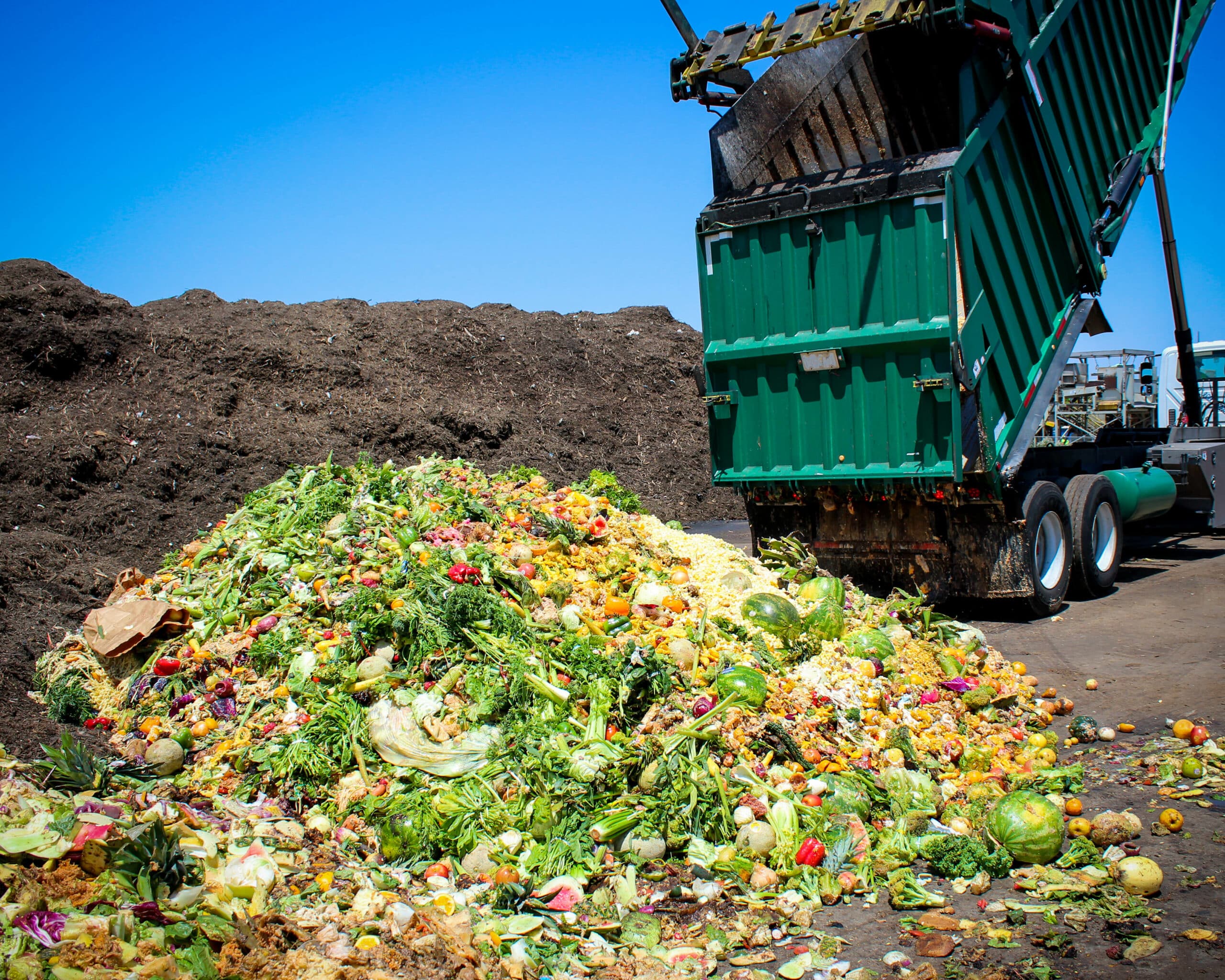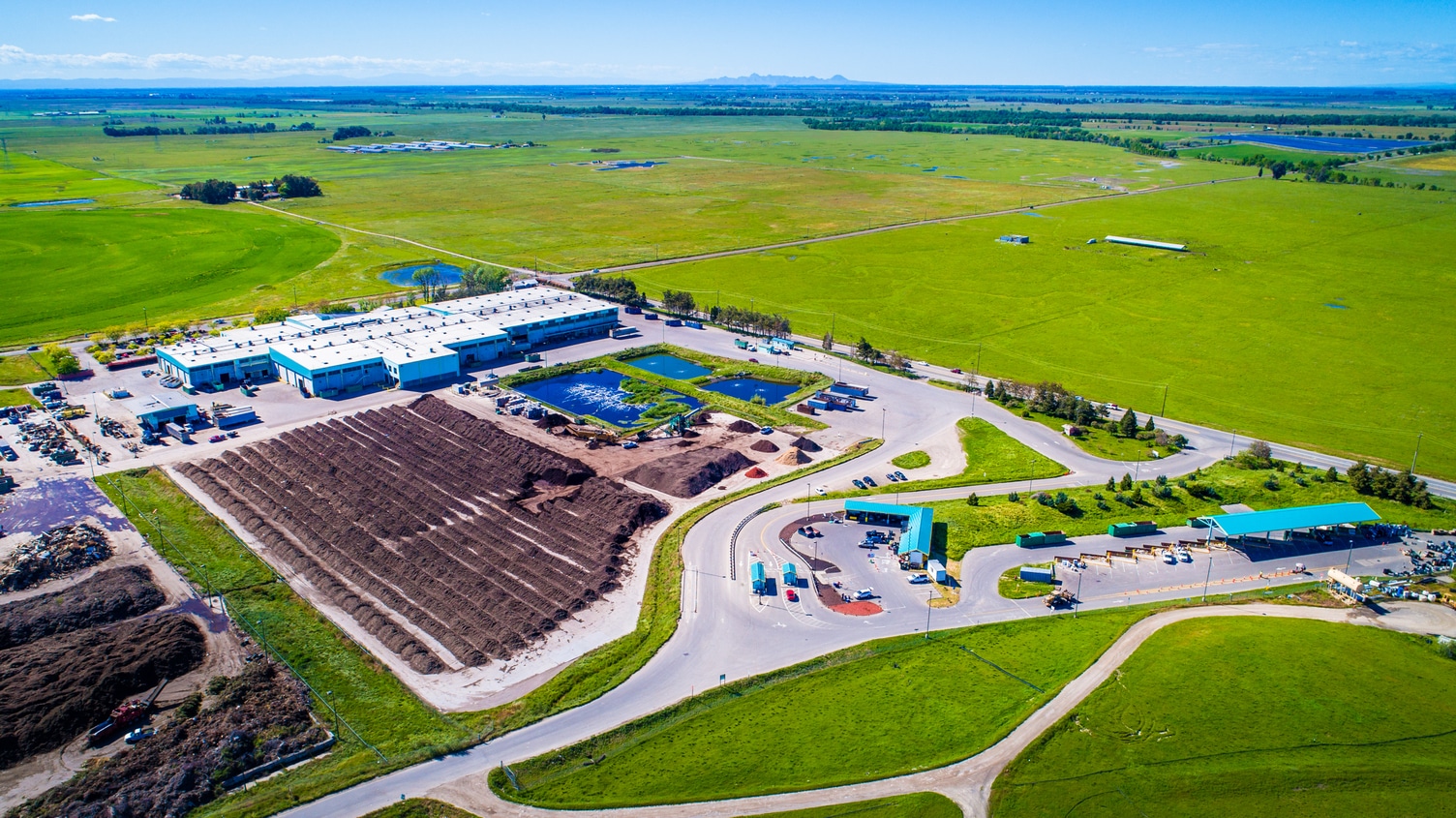Regulatory Compliance
Solid Waste Regulations
CalRecycle Waste Management Initiative and the WPWMA
The WPWMA, through innovation, advancements in science and technology, and fiscally responsible programs for businesses that align profits with people and the planet, will help build a stronger Placer County. Although under the regulatory authority of the State of California, the WPWMA decision-making is regionally focused, and what’s best for Placer County residents is always the desired outcome.
The regulatory agency overseeing solid waste operators like the WPWMA is the California Department of Resources Recycling and Recovery, known as CalRecycle, a department within the California Environmental Protection Agency. CalRecycle monitors whether local facility operations comply with state standards and permit/registration conditions, and it can impose requirements to achieve waste diversion and recycling goals.

Increasingly stringent state mandates to reduce greenhouse gas emissions have included a law requiring a 75% reduction in the amount of organic waste sent to our landfills. The legislation, SB 1383 (Chapter 395, Statutes of 2016) requires every jurisdiction to ensure systems are in place to recover and recycle organic materials.
While the WPWMA complies with mandated state regulations, it also pursues other avenues in collaboration with the private sector to achieve our waste-reduction and climate goals.
Regulatory Compliance in Action – Module 6
Building a new landfill area (called a “cell” or “module”) is a multi-year process from design, environmental review, excavation, construction, testing, and finally filling. Watch this video to learn how the intensive design process and focus on protecting the environment, means that utilizing landfills is the most environmentally responsible and compliant way we can dispose of waste today.
When developing a modern landfill guidelines, regulations, best practices, and approvals must be followed from agencies including the California State Water Resources Control Board and Placer County Air Pollution Control District.
Leading Placer County into the Future
A Circular Economy – California’s Path to a Zero-Waste Future
Achieving sustainable growth and, ultimately, zero waste requires innovations to improve existing recycling programs and create new pathways for waste reduction and reuse. The WPWMA is working with local and private partners to ensure that new products can be efficiently collected and remanufactured into other new products or can become a local source for renewable energy.
The collection of biomass represents a huge untapped resource for generating heat and power. Biomass is small trees, branches, and diseased wood on the forest floor that act as fuel for a fire. Because of our state’s abundant forest acreage and the need to protect it, sustainable forest management includes removing excess biomass. For this reason, the WPWMA encourages managing biomass in a controlled facility to generate power, reduce carbon dioxide emissions, and create sustainable jobs.

Such jobs are a positive result of pursuing a “circular economy,” a system where new products come from existing ones. This new economic model is becoming more widespread and profitable as more reuses are created.
With the WPWMA’s encouragement, technical assistance, and financial help, businesses throughout Placer County are participating in their own circular economies, and startups are entering the market too. The WPWMA Circular Economy Innovation Competition provides an opportunity for entrepreneurs to showcase their business plans in the circular economy and waste management space. It is just one way the WPWMA supports new ways of doing business. The competition winners receive prize money and mentorship from the WPWMA.
By expanding renewable energy resources, eliminating waste from their manufacturing processes, and using materials from local curbside bins to create new products, Placer County businesses are realizing profits and supporting a brighter future. The WPWMA has been a statewide leader in recognizing that it’s time for a new recycling and waste system where everything we use is designed to be reused and repurposed. The conversion to a circular economy is well underway.


